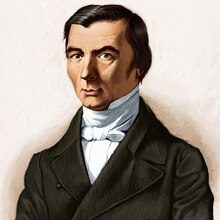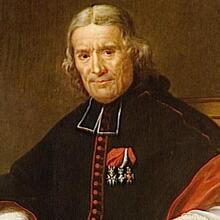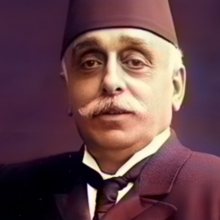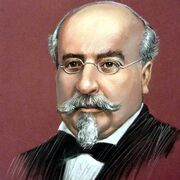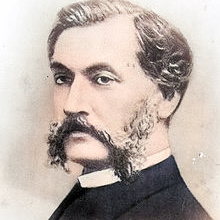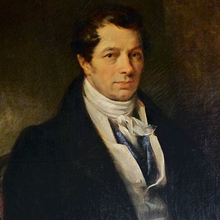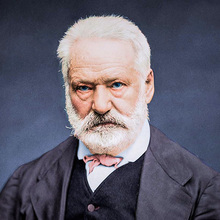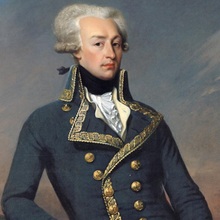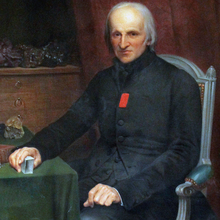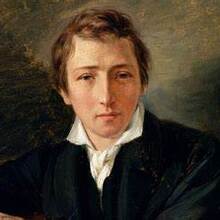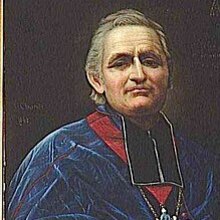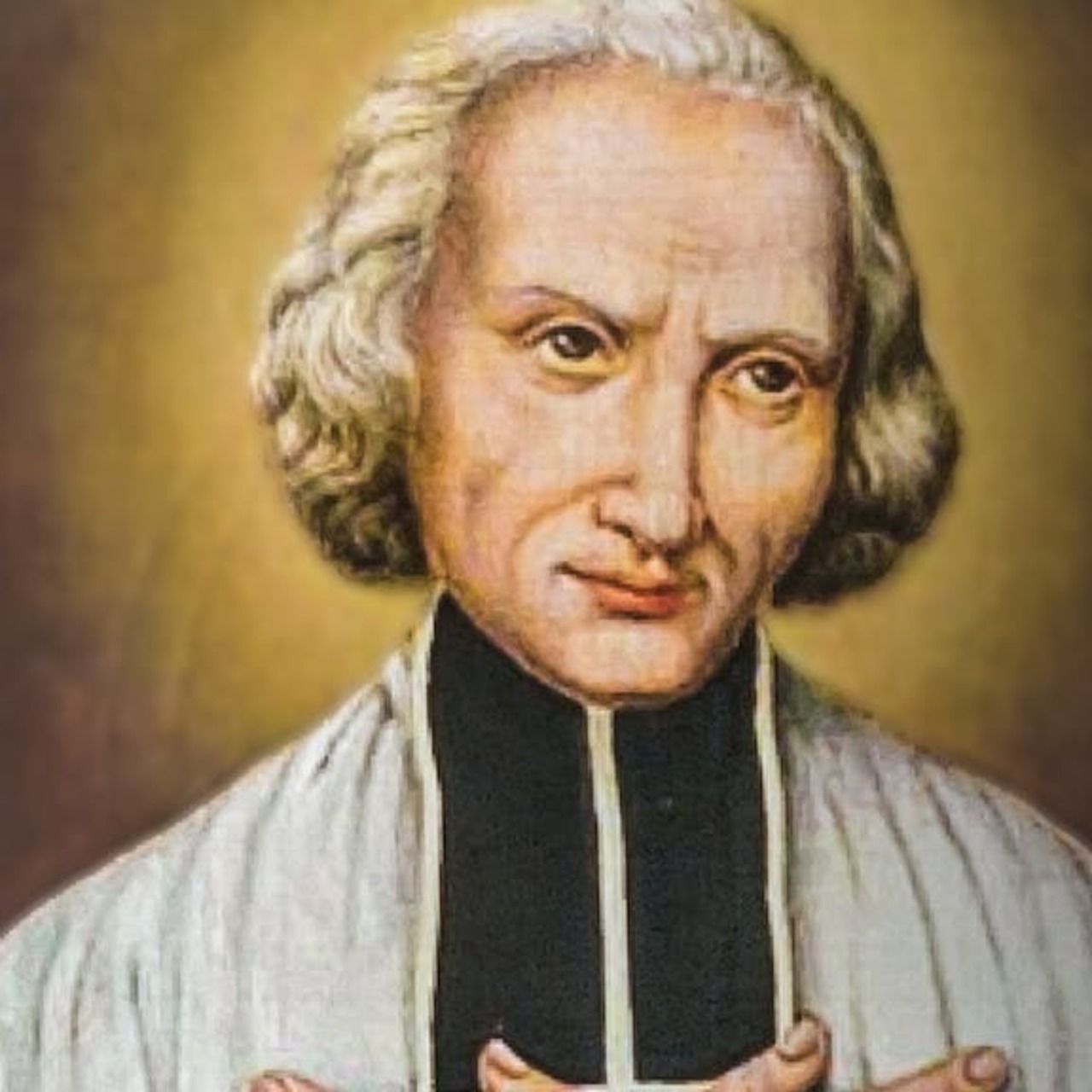
Personal
Other names:
Le Curé d'Ars
Job / Known for:
Parish priest and confessor
Left traces:
His spiritual writings and miracles
Born
Date:
1786-05-08
Location:
FR
Dardilly, Lyonnais, Kingdom of France
Died
Date:
1859-08-04 (aged 73)
Resting place:
FR
Death Cause:
Pneumonia
Family
Spouse:
Children:
Parent(s):
Matthieu Vianney and Marie Beluze Vianney
QR Code:
Show More
Rank
Users ranking to :
Thanks, you rate star
Ranking
5.0
1
Fullname
John Vianney
Fullname NoEnglish
Jean-Marie Vianney
Slogan
The sign of the cross is the most terrible weapon against the devil
About me / Bio:
Show More
Article for John Vianney
Died profile like John Vianney
Comments:

